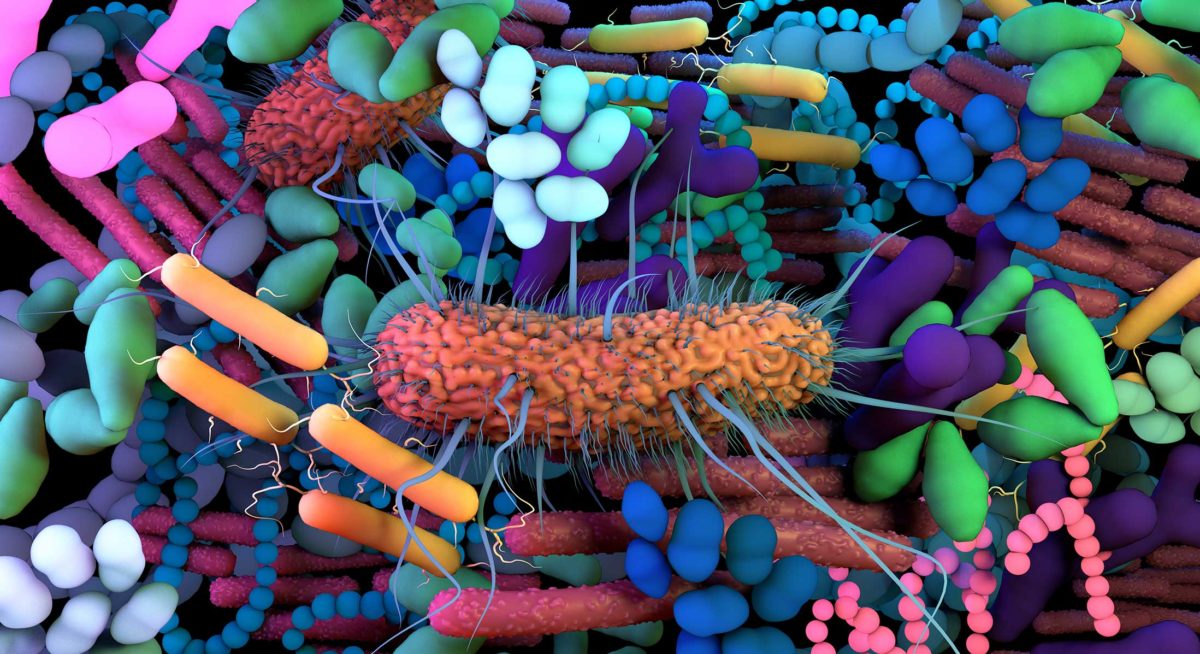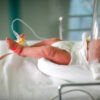A study suggests that children diagnosed with autism spectrum disorder (ASD) may carry a distinct set of gut bacteria unrelated to diet, not found in children without the condition.
As published in the peer-reviewed journal Gut, children with autism are purportedly prone to five specific species of bacteria and have fewer bacteria linked to neurotransmitter activity not present in non-autistic children.
“We performed deep metagenomic sequencing in fecal samples of 146 Chinese children (72 ASD and 74 typically developing children),” the BMJ report reads.
“We compared gut microbial composition and functions between children with ASD and typically developing children. Candidate bacteria markers were identified and validated by metagenomic analysis. Gut microbiota development in relation to chronological age was assessed using random forest model.”
According to the findings, the Chinese children with autism examined had gut microbiome that served as bacterial markers in such that may be predictive markers for autism.
“Gut microbiome in Chinese children with ASD was altered in composition, ecological network and functionality compared with TD children,” the authors stated in their findings. “We identified novel bacterial markers for prediction of ASD and demonstrated persistent underdevelopment of the gut microbiota in children with ASD which lagged behind their respective age-matched peers.”


